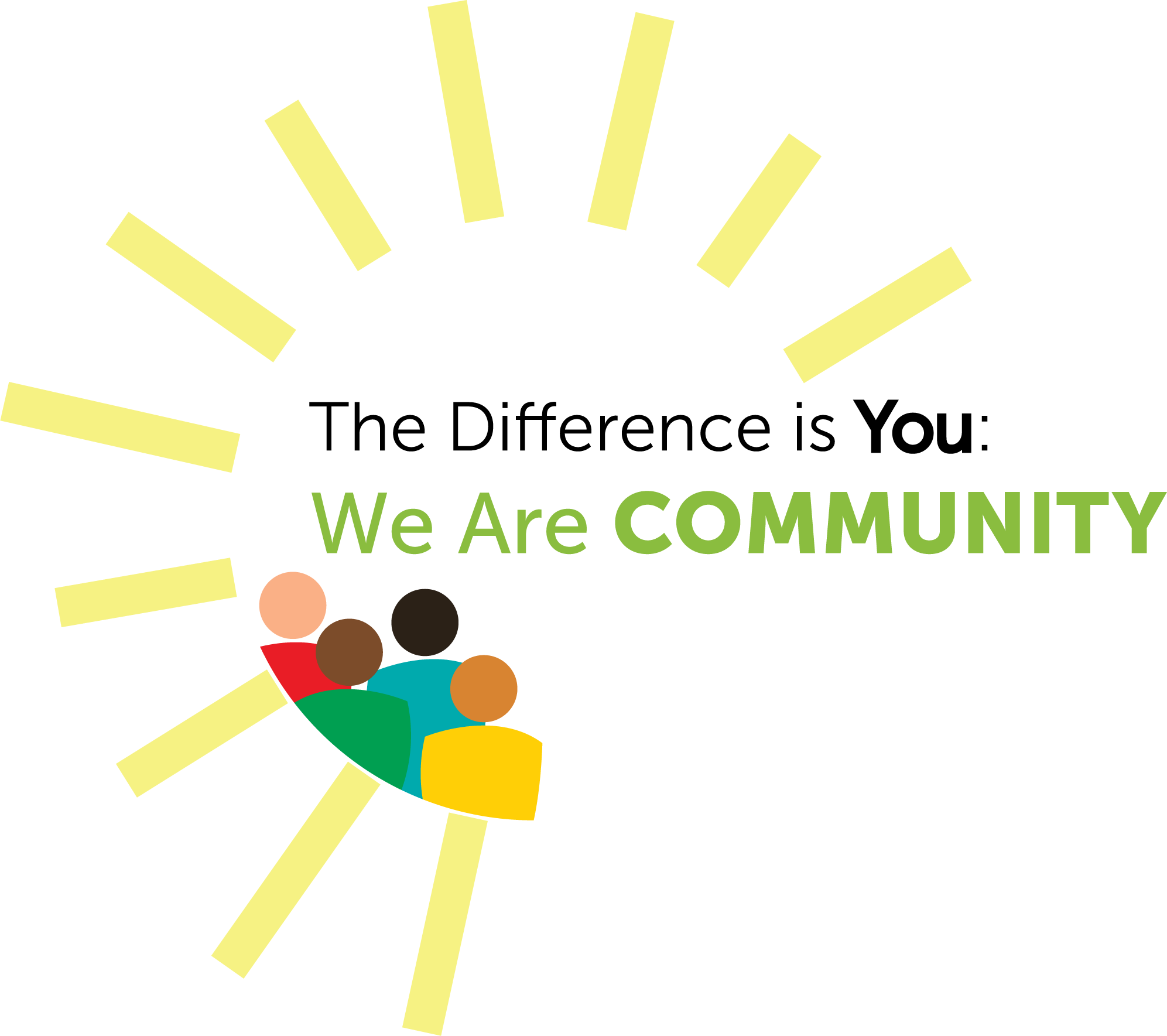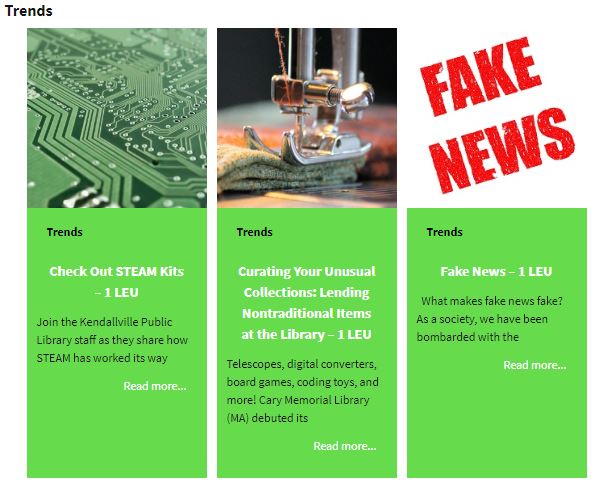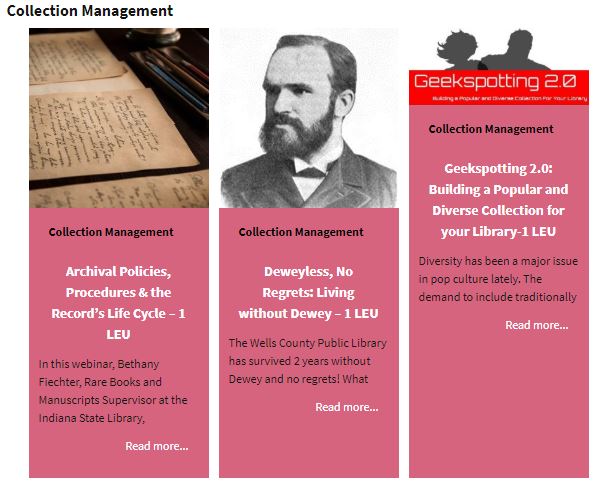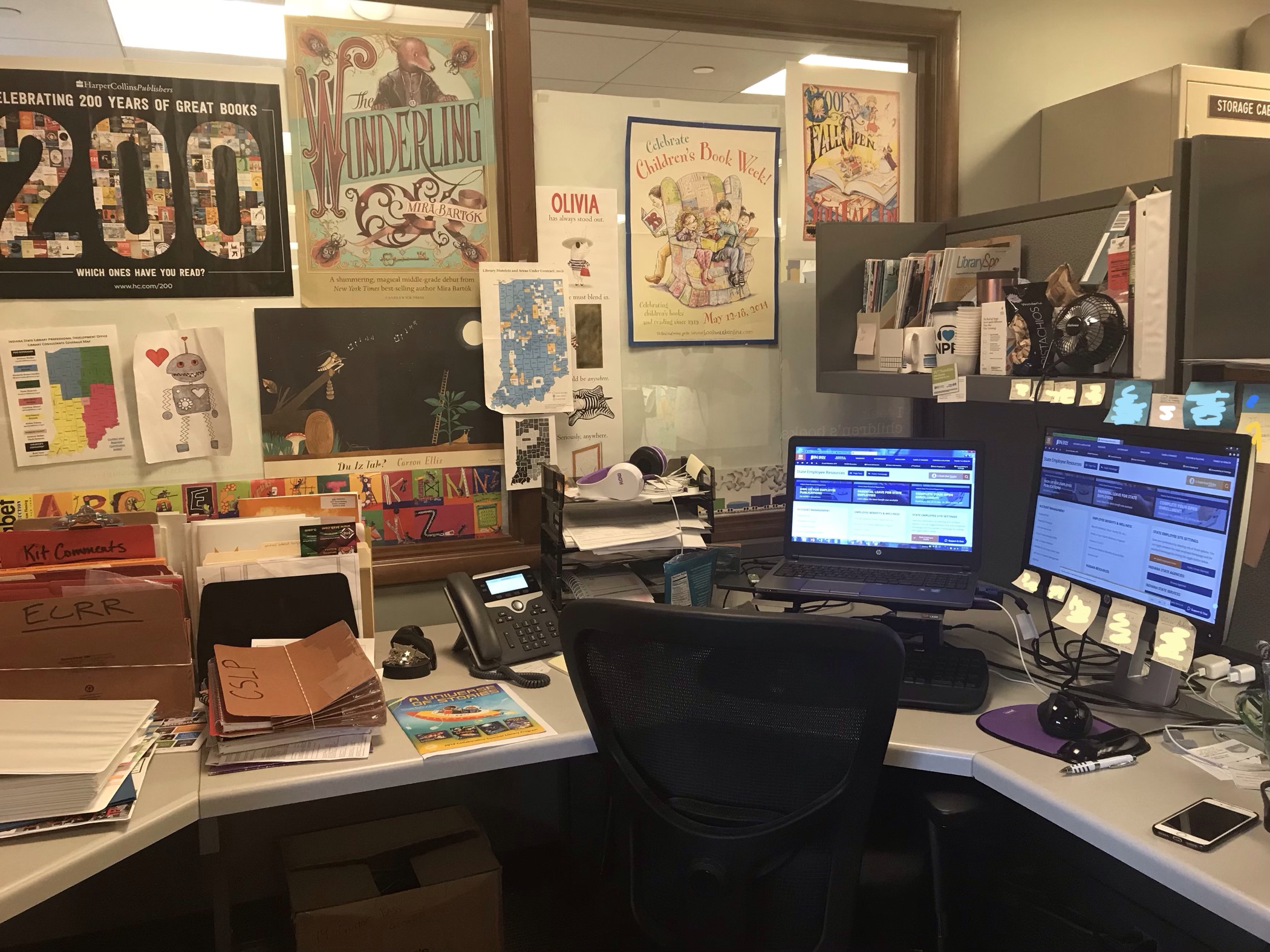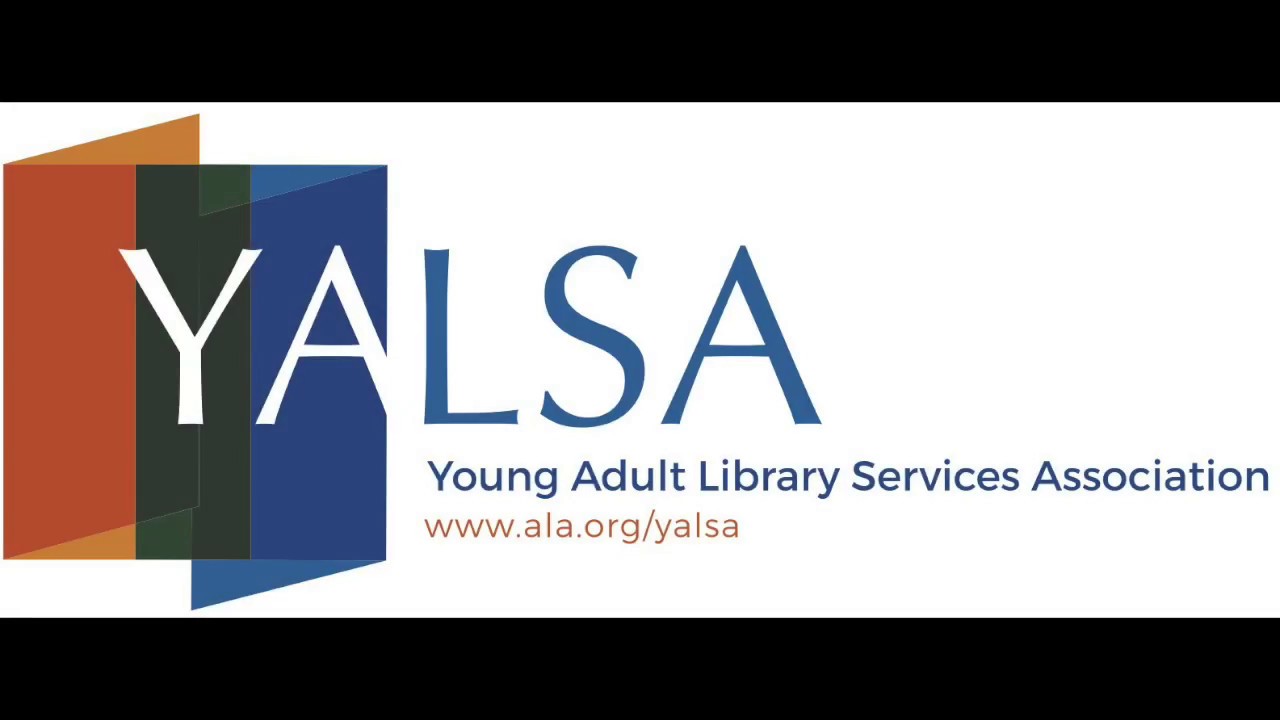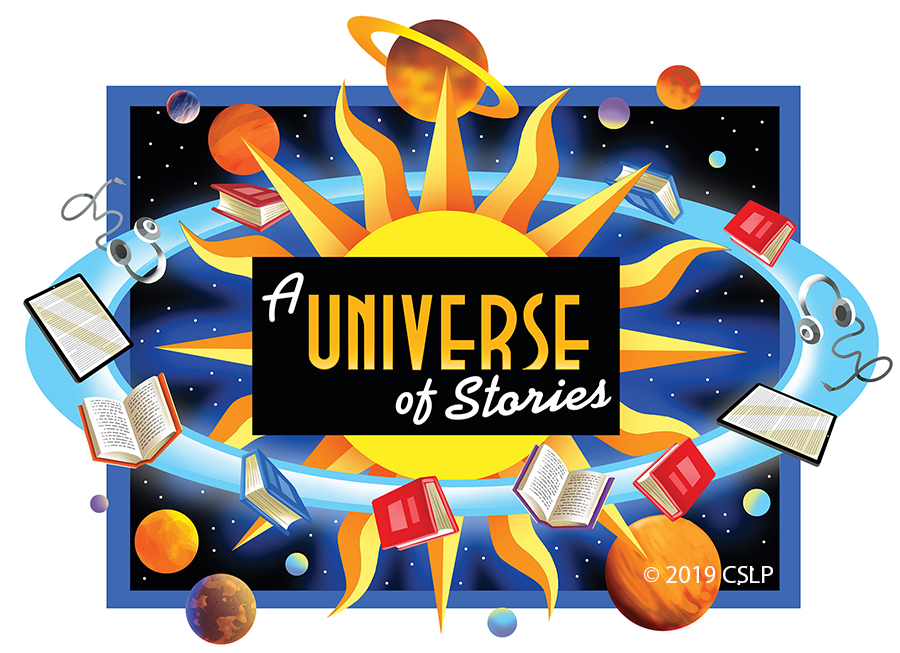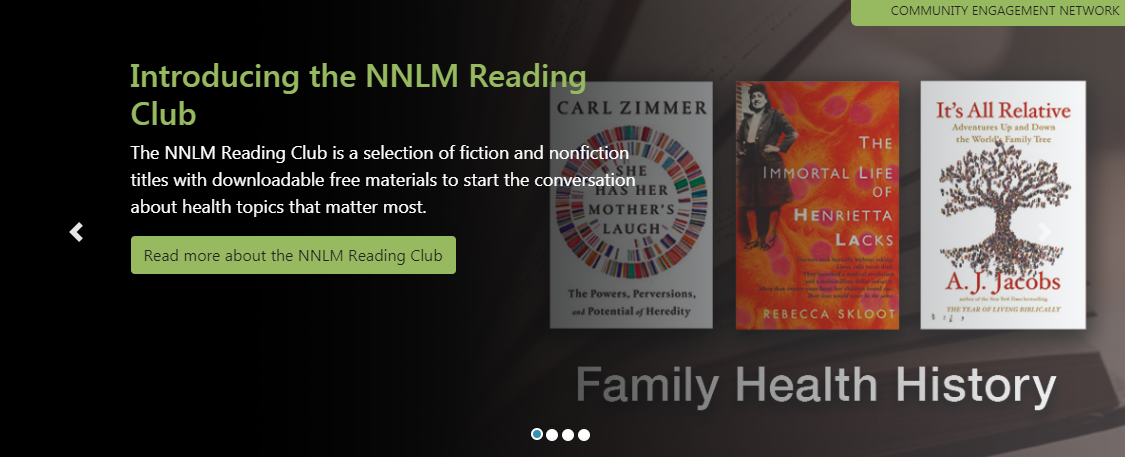Libraries and animals have had a longstanding connection for centuries. According to Wikipedia:
“The relationship between cats and libraries is centuries old. Monastic records from the Middle Ages indicate cats were kept in medieval monasteries in order to control rats that might otherwise eat valuable manuscripts.”
While we generally don’t have rat control problems in modern day libraries, animals and libraries still have a symbiotic relationship. Dewey Readmore Books was the library cat at the Spencer Public Library in Iowa who had a book written about him titled “Dewey the Small Town Library Cat Who Touched the World.” Anyone who has attended a library conference has likely brought home a bag with the likeness of cats Baker and Taylor.
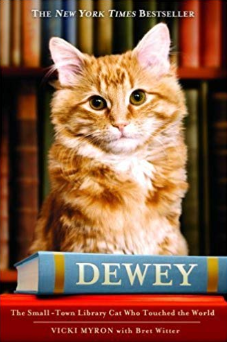
Dewey
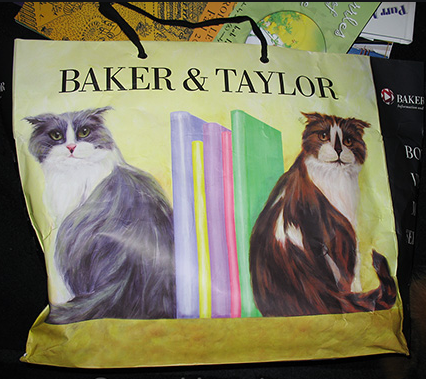
Baker and Taylor
One modern adaptation for animals and libraries is “Read to the Dogs” programs. Animals are long regarded to be stress relievers, so it’s no surprise that many libraries have added therapy dog programs to their offerings. When kids sit down to read their favorite story to one of these gentle therapy dogs, they don’t realize that they are learning and improving their reading skills in the process. The dogs don’t care if they make a mistake and don’t correct you if you miss a word. Read to the Dogs programs are a fun and secretly-educational activity.
When I was head of the children’s department at the Crown Point Community Library, the Power Paws Read to the Dogs group would visit. It was heartening to see the excitement on the children’s faces when they saw their favorite canine in the library. Some would sit by their favorite dog and read stories, while others would go from dog to dog. There were even some children there who just wanted to pet the dogs. No matter what reason they were there, the animals didn’t care. The dogs were happy to get the attention. I watched the kids and the dogs for several years before getting my Yorkie, Gigi, trained and certified as a therapy dog. We achieved our Canine Good Citizen certification in 2013 and we became members of the Power Paws Read to the Dogs group. We have since relocated and are in the process of joining the Love on a Leash, Heartland Chapter therapy group. Gigi actually barks in excitement when she realizes that we are heading to our local libraries because she gets to hang out with the young patrons. She truly loves it!
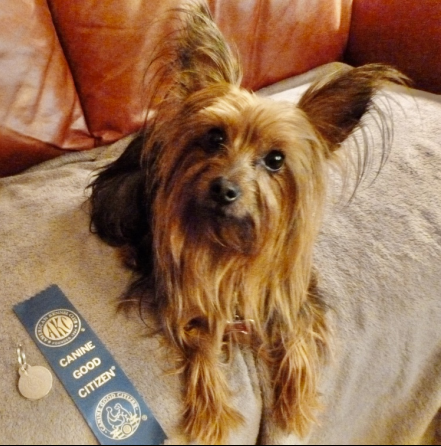
Gigi earned her Canine Good Citizen certification
An informal survey conducted in 2018 confirmed that library workers love animals – 90 percent own at least one pet. Survey says that cats and dogs are the most popular but cats are a whisker more popular than dogs by 1 percentage point, doggone it! I am definitely a part of the library worker group that loves animals! Growing up on a farm in southern Indiana, I was surrounded by all kinds of animals: cows, pigs, sheep, goats, ponies, a mule, dogs, cats, chickens, geese, rabbits, noisy guinea fowls, fish, a chameleon, hamsters and a hermit crab. Very idyllic for an animal lover. In 2014, I became the Northeast regional coordinator for the Indiana State Library. Part of my job is to visit the 60 libraries in my region. I have been pleasantly surprised by how many libraries have animal programs. Even more amazing is the amount of libraries that have animals that live in them.
I surveyed a few of the libraries to see what part animals play in their library world.
Libraries with animal programs
Heather Siler from the Swayzee Public Library says that the local Love on a Leash group comes monthly during the school year. Children of all ages come to read to these trained and certified therapy dogs. She says, “Everyone’s mood is brightened by the dogs. Kids are lining up to read to them!” The only downside seems to be, “vacuuming the next day from all of the petting.” The library ends its summer reading program with a visit from Mark’s Ark. He brings in about eight different reptiles, insects, mammals and amphibians; talks to the kids about them; and allows the kids to touch them.
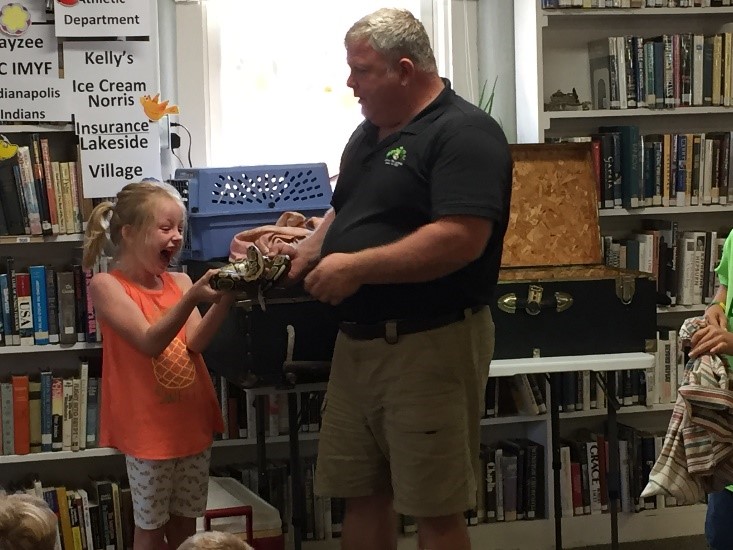
Mark’s Ark program at the Swayzee Public Library
Barbara Dixon, director of The Barton Rees Pogue Memorial Library, says that they’ve had many animal visitors over the years. “We don’t have any animals that live here, but have had many visitors over the years: dogs, cats and assorted other critters when we have had people bring them in for various programs. We had a library program with several animals from the Art in Motion pet store that went over very well. We also have a patron who had a very elderly dog that would stop in once in a while.” She notes a definite bonus is that “animals are great stress relievers.”
Animals that live in the library
Animals with either fur or fins have been living at the Marion Public Library since the 1980s. Mary Eckerle, director, said that the children’s librarian started the trend. “Kids love them. Adults seem to like them, also.” She’s found that there are a few downsides to having animals at the library. “Mess, allergies, dealing with deaths and explaining them. Possible biting incidents.” They also enjoy visits from the Love on a Leash Heartland Chapter group and Silly Safaris.
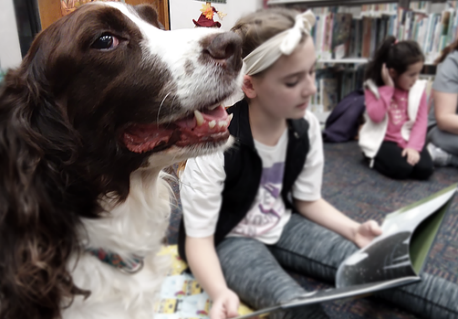
Love on a Leash group for Read to the Dogs program
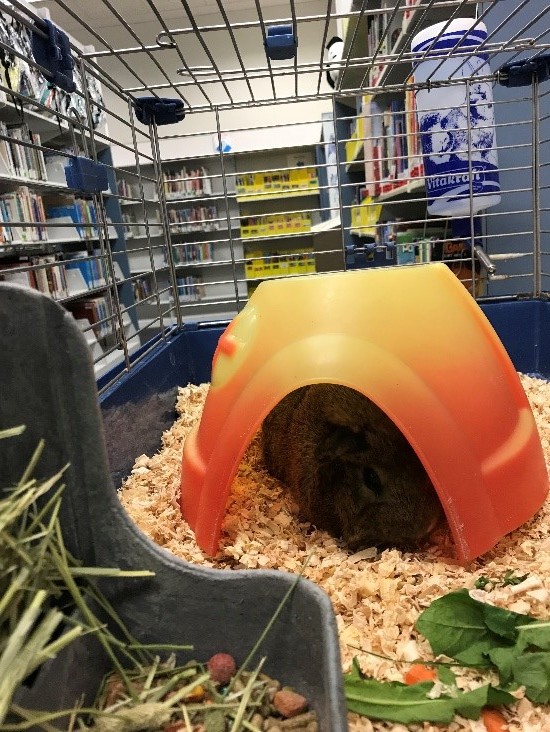
Arlene the guinea pig
I was blown away when I first visited the Carnegie Public Library of Steuben County; not only by the beautiful building, but by all of the animals who visit and live there. It’s an animal lover’s paradise. Birds, frogs, a rabbit and a hedgehog, as well as staff members’ dogs, can be found in the library. Cats even stop by periodically from the local shelter. According to Director Sonja Dintaman, their menagerie “started with fish, then grew from there. Pets are stress relievers for everyone. The kids love them. There is some extra work for staff, but no complaints from patrons.” Just so you know how important animals are to their community, Dintaman related an unfortunate incident that occurred once. “A kid broke into the library and stole our hedgehog. It was front-page news locally and she was returned in a couple days. She sadly passed away later, but a patron donated another one.”
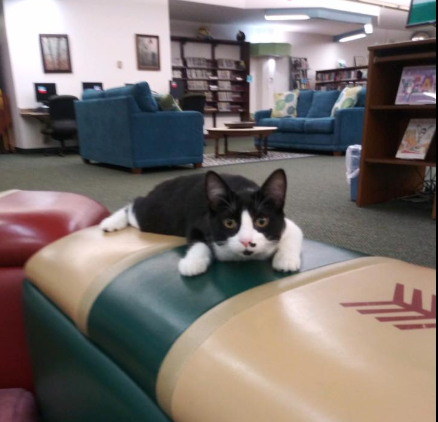
Shelter cat making itself at home

Pickles the hedgehog
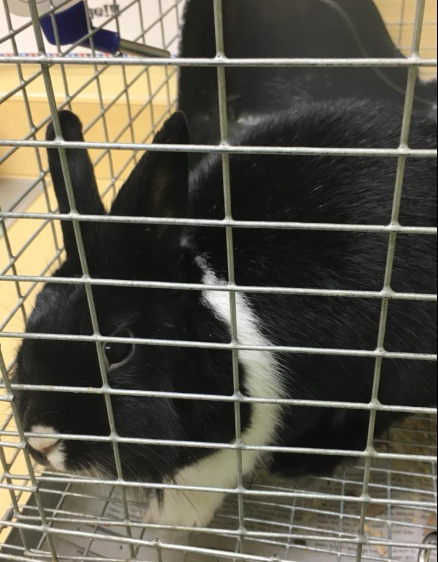
Miss Bookster the rabbit
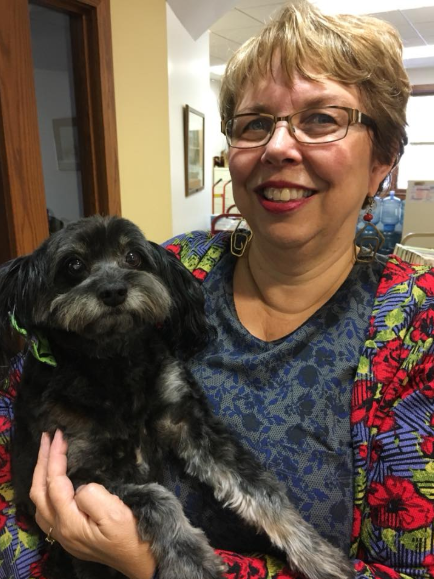
Karen and Rags are working hard today! Rags is our special worker in charge of security. Children love this gentle pup when they come in for story time.
I’ve found that, concerning animals, most librarians have huge hearts. Last year the staff at the Noble County Public Library rescued a kitten who was in crisis. Director Sandy Petrie recounts the story of Mr. Kitty. “We found him in a storm drain by our staff door when he was about 6 weeks old. He was in 3 inches of water and covered in fleas. The staff took him in, cared for him, fell in love and he is here to stay. We keep him in the staff area due to potential allergies of our patrons. He is a huge morale boost for staff. It is very hard to be upset with a cuddly kitty purring at your desk. And he has a huge personality.” According to Petrie, “some of the kids know he is here and come up to the staff door windows to try and play with him. He plays with them under the door frames.” The library recently adopted another kitten, named “CC,” short for carbon copy, since the little one looks exactly like Mr. Kitty.
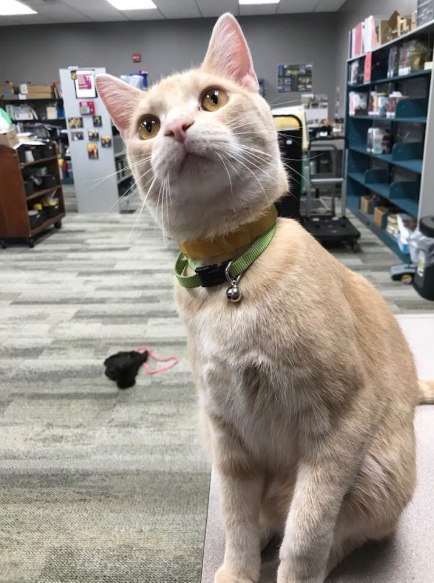
Mr. Kitty
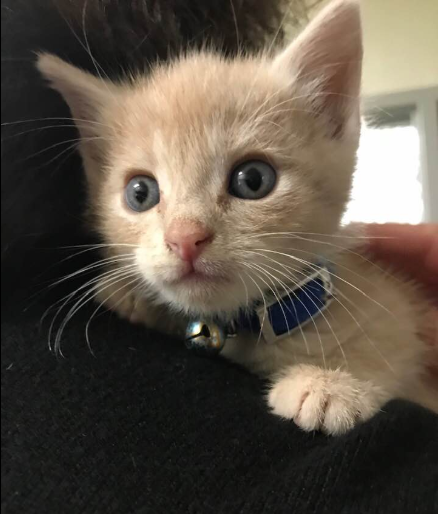
Carbon Copy
The Huntington City-Township Public Library has some not-so-cuddly animals, but loveable nonetheless. They have Russian and Greek Tortoises named Ace, Zed and Bob. According to director Rebecca Lemons, “Staff were asking for cats and birds and fish, but I wanted something that was easy to maintain and not too messy. I am not sure why they decided they wanted an animal, but we moved ahead with it. The patrons are absolutely in love with our tortoises. Of course, the kids love them, but we have so many adults who are invested as well. We have one gentleman who regularly checks on them and makes sure they are doing okay. It is a great learning opportunity for the kids to be able to see them as well. Our staff has really taken to them as well and several have taken on the added responsibility of keeping them fed and clean. I think that it gives them a little bit more ownership in what is happening in the library. It also makes a great start to the day when you can stop and say good morning to ‘the boys’ and see what they are up to. Food is a bit of a pain, as we have to buy and prep fresh vegetables for them every day. We have a system worked out to prep once a week and our Friends group pays for the food. Keeping their house clean is also a little bit of an added duty, but it isn’t too bad. I think the only drawback for patrons is that they want to play with them but they can’t due to the salmonella risk and the fact that tortoises get anxious with too much activity. We always say that we had no idea how much personality a tortoise could have but they really do. You can tell when they are grumpy or happy or sleepy and watching them eat is the most adorable thing ever. The best story I have is that when we first got Ace we would take him outside every other day or so to run around in the grass. He quickly figured out that I took the cover off of the tank when it was time to go outside. Before long he was climbing his decorative tree and trying to push the screen off the tank. Yes, a tortoise can climb a tree and yes, I have pictures of it.”
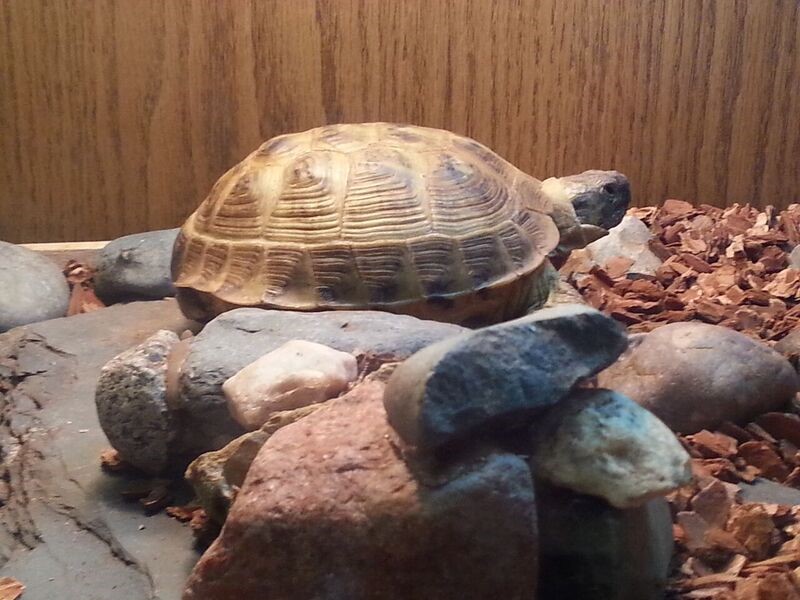
Tortoise in a library
While I was waiting to set up a virtual reality kit training at the Bristol Public Library – I hadn’t visited for a for a couple of years – I spied something unusual on the wing chair across from the circulation desk. It was a beautiful grey cat! I learned from the director, Carol Anderson, that the library adopted her from the local shelter. Anderson said that the cat, aptly named Page Turner, has been an absolute hit with the community. Community members go out of their way to stop by the library just to see how Page is doing. Page has also inspired young artists to draw her likeness and crown her queen of the library!
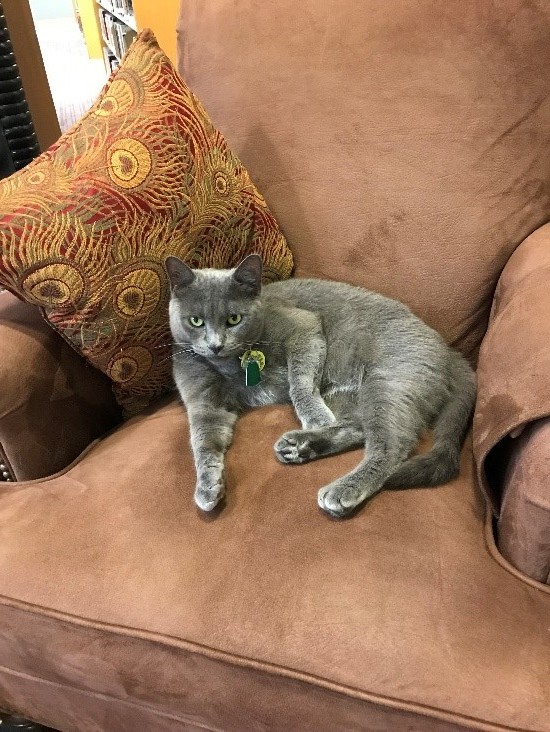
Page Turner
She has also made the newspapers, both local and national!
Along with Page, they have a bearded dragon named Shakesbeard who resides on a desk near the children’s area.
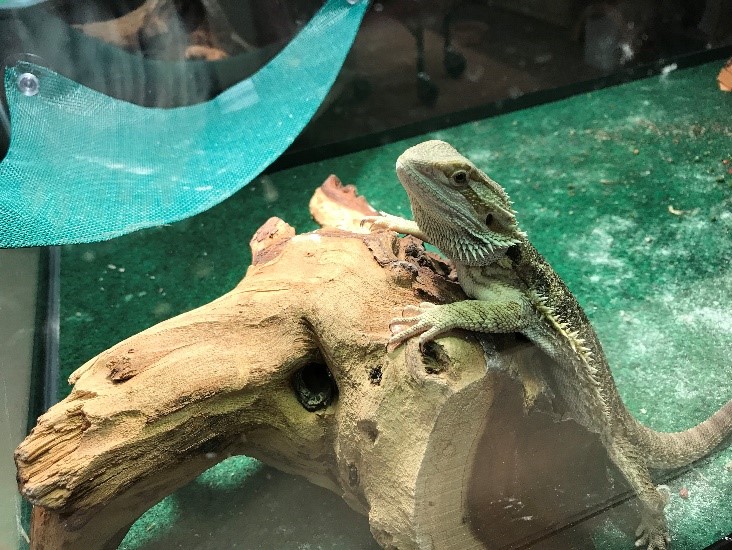
Shakesbeard, the bearded dragon
Last, but not least, is Arlo the Gecko, that lives in the Children and Youth Services Department at the service desk at the Carmel Clay Public Library. Director Bob Swaynay says, “Our library had other smaller animals before Arlo; hamsters and guinea pigs. We switched to a gecko because it has a longer lifespan. The kids love Arlo! He is a regular spotlight attraction. There is some extra maintenance of the animal’s health and environment and costs associated with staff time and materials, but it’s well worth it.”
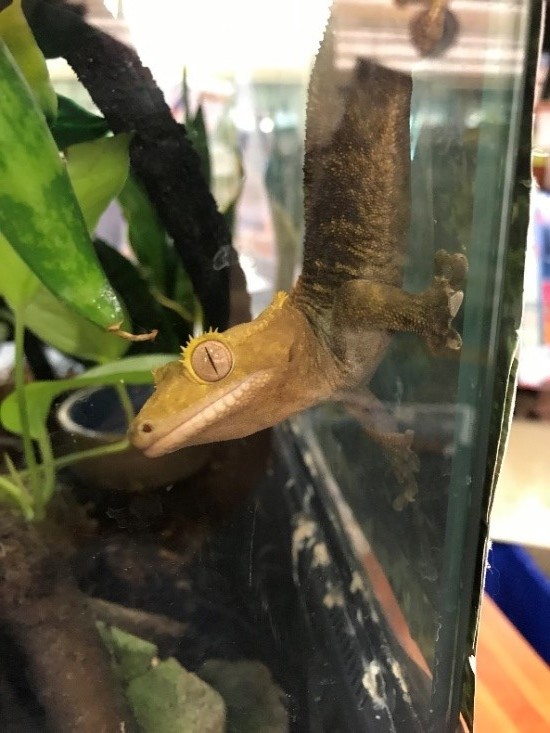
Arlo
Animals are definitely a lot of work, with the continual feeding, cleaning and grooming. I think that the benefits far outweigh the extra work that comes with animal ownership. Animals are conducive to building relationships between staff and patrons of all ages. As I was taking a picture of Arlo the Gecko at the Carmel Clay Public Library, an older gentleman came up to me. He told me that he always stops by to check on Arlo and then proceeded to talk about wanting to help with the upcoming library book sale. Children have a natural affinity toward animals. According to Carol Anderson at the Bristol Public Library, she has seen kids coming to the library multiple times during the week to check on Page and Shakesbeard! I’m sure those kids have begged their parents to take them to the library to visit the animals. So, whether a library offers animal programs, or if animals have taken up residence in a library, the library will become a must visit destination in your community.
This post was written by Northeast Regional Coordinator Paula Newcom, Professional Development Office.
Resources
“Are Dogs the new library cat?”
Baker and Taylor cats
“Cat Named Page Turner now roams Bristol Public Library”
“Dogs and Pigs and Birds, Oh My!”
“Helping Hands (Uh, Paws)”
Love on a Leash
Power Paws Read to the Dogs
Mark’s Ark
Silly Safaris
Wikipedia




















